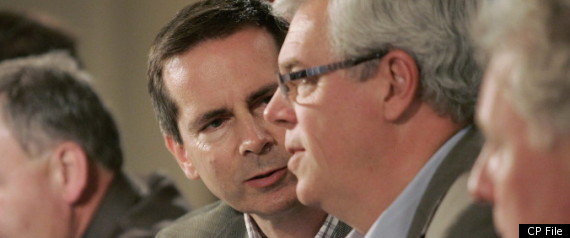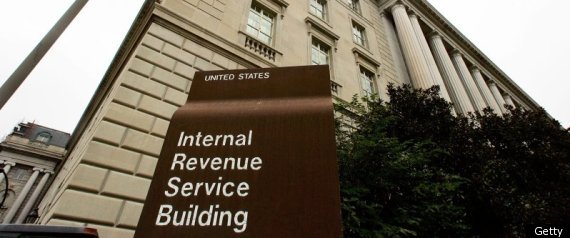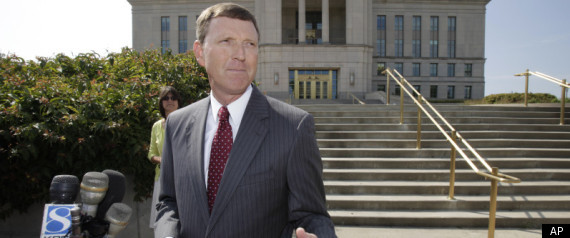 The cumulative effect of the Mayor’s bullying has come home to roost over his pride snub. Those on council willing to give him the benefit of the doubt in the past can’t now.
The cumulative effect of the Mayor’s bullying has come home to roost over his pride snub. Those on council willing to give him the benefit of the doubt in the past can’t now.
It’s a twisty drive in to Fawn Lake, across a narrow steel bridge that spans the Muskoka River, over crests in the road too steep to see the other side and past neatly kept cottages on what used to be farmland.
Here, near the end of an old logging road that runs along the north shore, on what’s known as Stephenson’s Point, is where Mayor Rob Ford comes when he doesn’t want to be found, to the cottage that’s been in the Ford family since the late 1960s, when the mayor was knee-high.
The place can be tricky to find, since Fawn is also known to locals as Deer Lake, and there are at least three Deer Lakes within 100 kilometres.
Fawn is tiny, taking a mere 20 minutes to paddle from end to end – less with the wind at your back. Which makes the Fords’ brown Viceroy in a clearing stand out all the more from the other cottages.
There are a couple of bigger ones. Two of them, brand new, are being built on 40 hectares further up the road, but a few properties have little more on them than a trailer or hunting cabin. The lake is inhabited by a handful of locals year-round. While the local municipality picks up garbage, the narrow road leading to the Fords’ place isn’t plowed in winter. A sign advises motorists to use the road at their own risk.
The cottage a few doors up from the Fords’ is on the market for half a million.
But none have anywhere near the beach frontage of the Fords’ (looks like sand was trucked in) or the number of water toys tied to the dock. There’s a volleyball net and play sets for the kids, and a big name to go with the spread – El Rancho Grande. Beauty. I think the name was big brother Doug’s idea, since he’s listed as the owner of the place on records kept at the Muskoka District land registry office.
Yep, it’s the party place to be for frolics in the sun, and gives the impression that the Fords are a fun-loving family.
I can almost see Rob now, chillin’ on one of the two family motorboats, soaking up his fave tunes, maybe some Supertramp or a little Zeppelin. Who needs the Pride parade when you’ve got this?
Talk about a backlash.
Who could have foreseen the mayor taking his biggest licks to date on the gay thing? In one way the push-back is karmic. What was Ford’s unlikely election victory, after all, if not the defeat of the “gay elites” (embodied by his chief rival, George Smitherman) that supposedly used to run this town, right? Check the vitriol spewed by Ford symps online over criticism by both the left and right in the media of the mayor’s Pride rebuff for proof of that out-there mindset.
In politics it’s usually the unexpected that kills.
After an audacious seven-plus months at the helm hammering out an ambitious – some would say ruthless – agenda, the unlikeliest slight, one of many, has become a defining, if not the defining, moment in Ford’s tenure.
Many of his usual friends in the conservative media have deserted him.
They’ve been a little too quick, however, to chalk up this shemozzle to bad communications. They don’t know the half of it.
Truth is, Ford’s political staff have been trying for two months to get the boss to agree to attend at least one Pride event. But he flat-out refused. He was going to spend the weekend at the cottage with his family, and that was that. There was no budging from that position.
Right up to the last moment, the mayor’s spokespeople left the door open to a surprise appearance at the parade.
But it was all a ruse, for damage-control purposes. If memory serves, he was unequivocal about the matter of his Pride non-participation when asked about it during the election, too.
Enter big brother Doug, the councillor from Ward 2, to muck up the waters. When asked about Rob’s decision, he at first said he’d see what he could do to change his mind. Doug was singing a different tune 24 hours later, defending the mayor for wanting to spend time at the cottage. Mom was brought out to a ribbon-cutting to tug the public heartstrings. All that was missing was a doctor’s note. Controversy had turned to spectacle.
And inside the mayor’s office, some were putting the blame on Doug for sowing doubt about the mayor’s Pride intentions. Holy Moses! Doug a political liability? But it’s not the first time he’s spoken out of turn.
Indeed, some among the mayor’s staff wish Doug would “just shut the fuck up,” as one put it. The media have been accustomed to think protector Doug’s speaking for the mayor, but that’s not always true.
Maybe if the mayor made himself more available to the press corps there’d be less room for confusion about his intentions.
But he’s still a work in progress on the PR front, and that’s putting it mildly. You never know what Rob might say after he offers up the expected sound bite. He’s got flat feet.
It’s Doug who’s seen as the brains in the family, the engine that drives the Ford machine at City Hall. But it’s Doug who’s the political neophyte, as anyone who’s heard him speak at council can attest. The words “train” and “wreck” come to mind.
There’s no disputing that the brothers Ford are close. They’re in near-constant communication. But there’s a family dynamic at play between the two, maybe even a hint of sibling rivalry.
And the Ford brothers couldn’t be more different. Doug’s got the big car, the big house, the big money from the family biz, the big ideas: Ferris wheels on the waterfront, tunnels under the Gardiner, NFL football.
The mayor drives a minivan and lives in a modest bungalow. He manages the books for the family’s multimillion-dollar labelling business, but it’s unclear how much of the family fortune Rob’s been cut.
What’s clear from the Pride fiasco is that fatigue is setting in. The cumulative effect of the Fords’ bullying has come home to roost over Pride.
Those on council willing to give the mayor the benefit of the doubt in the past will have a harder time aligning themselves with him now.
That group would include those in the inner circle perhaps contemplating mayoral runs of their own in the future. Here’s looking at you, Karen Stintz and Michael Thompson.
The doubts are beginning to set in right at the top, among the mayor’s political staff, about whether Ford will be able to carry the vote on the big-money items coming up for council’s consideration, not the least of which is the Core Services Review.
The Pride wrangle has caused his allies to have a few second thoughts about their affiliation with the brand. The honeymoon may be over.
Origin
Source: Now Magazine 















